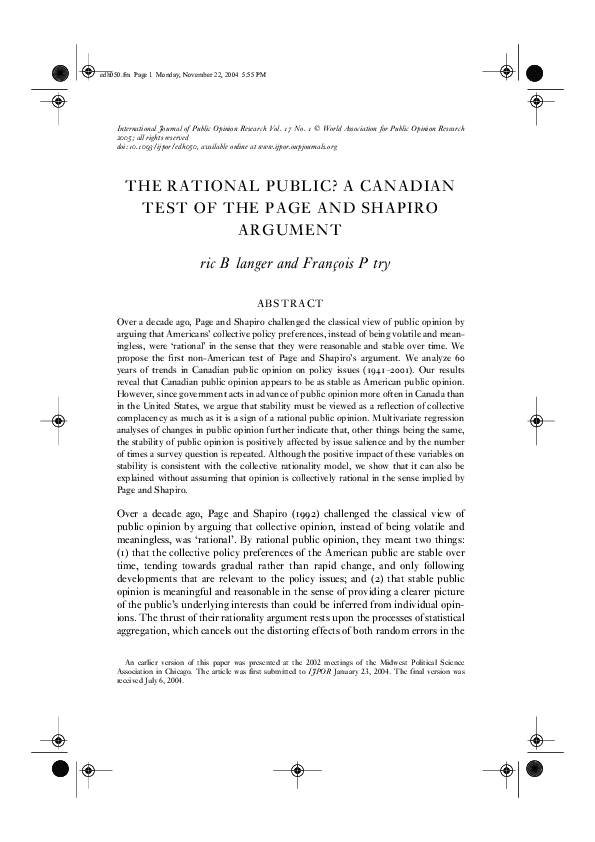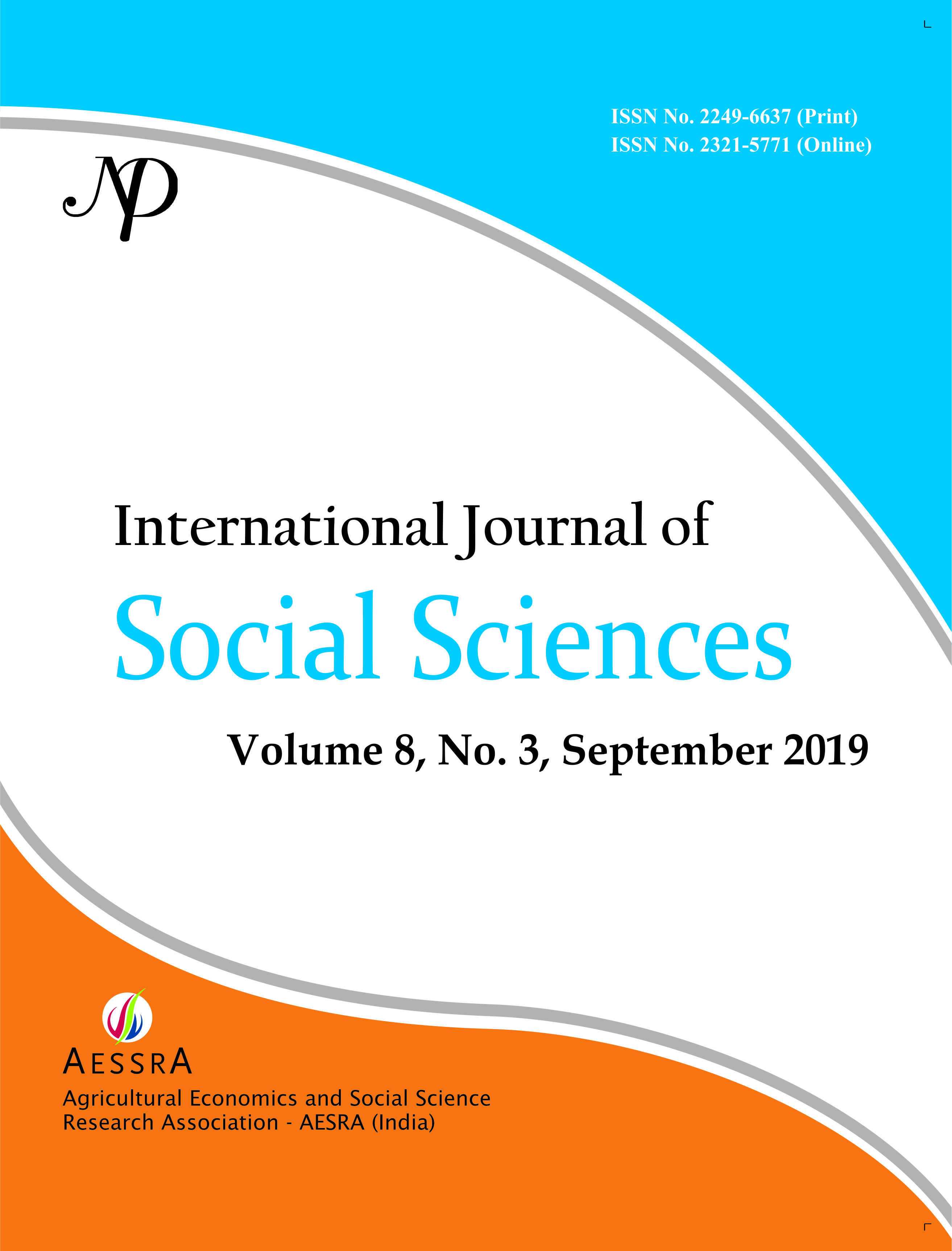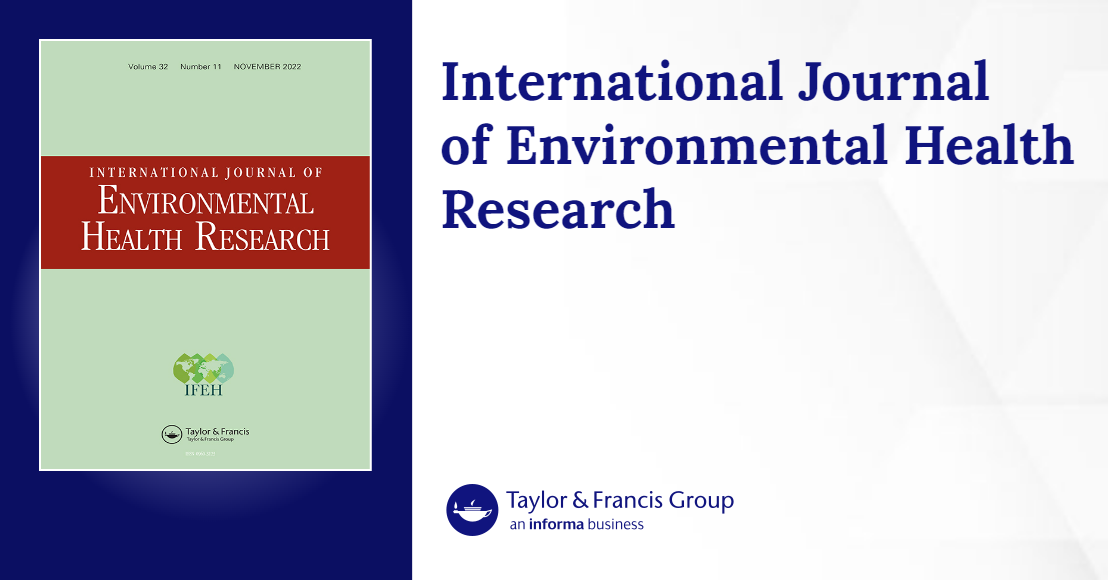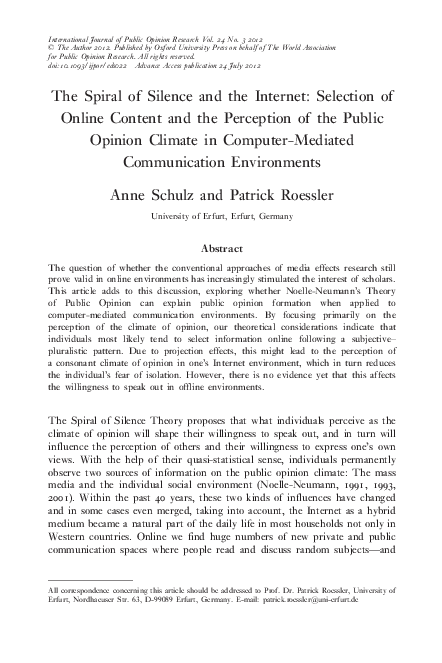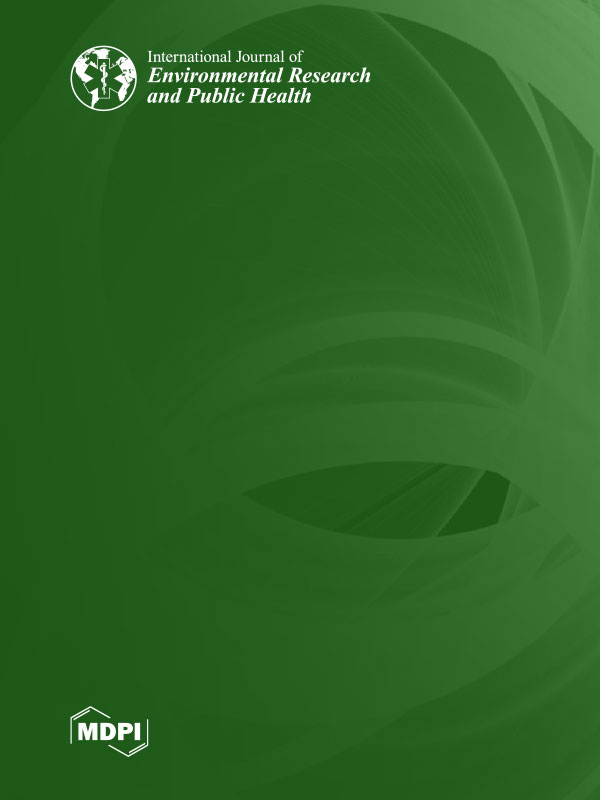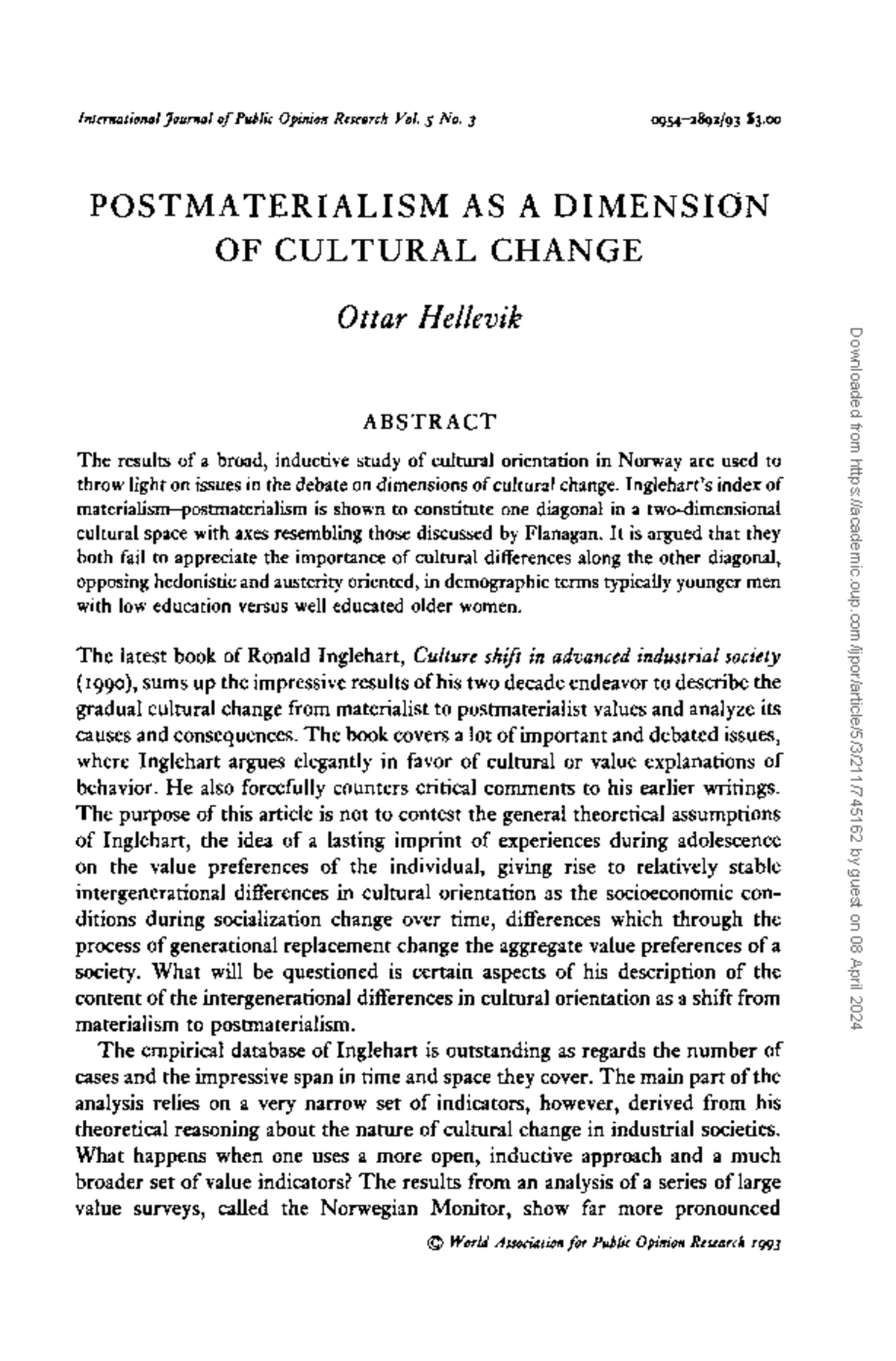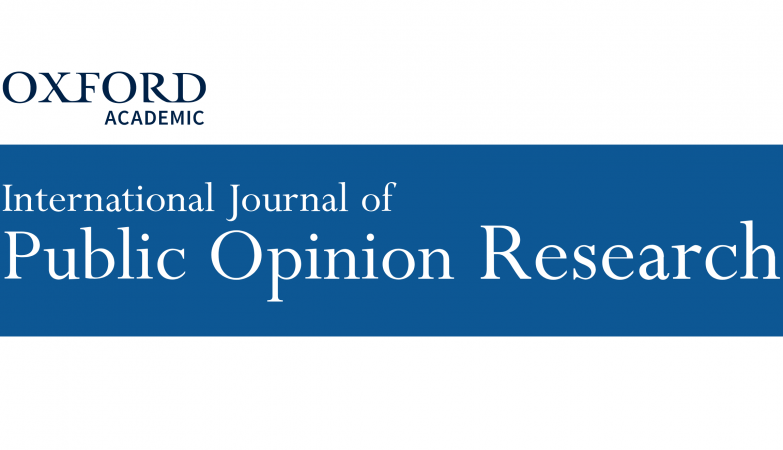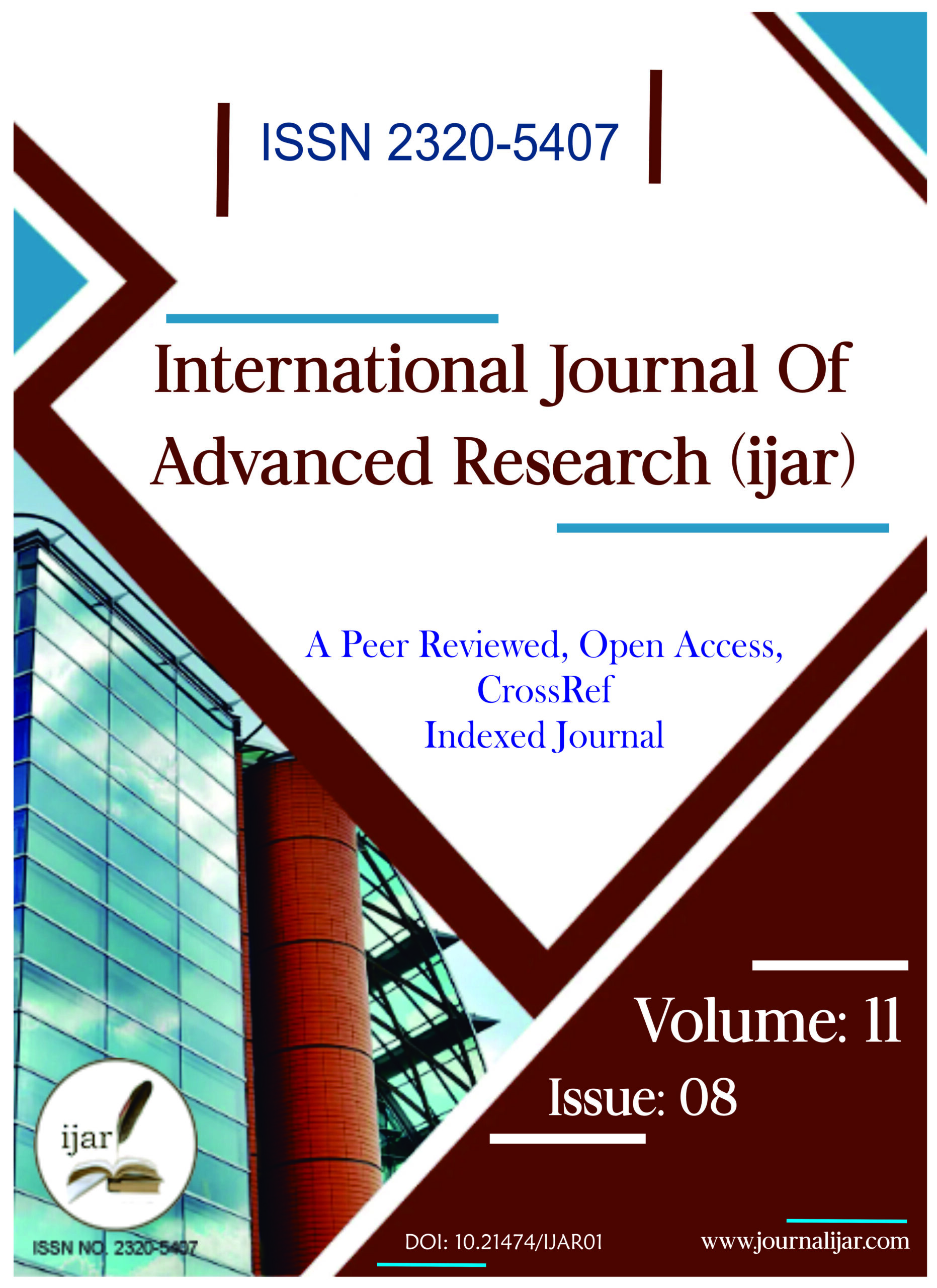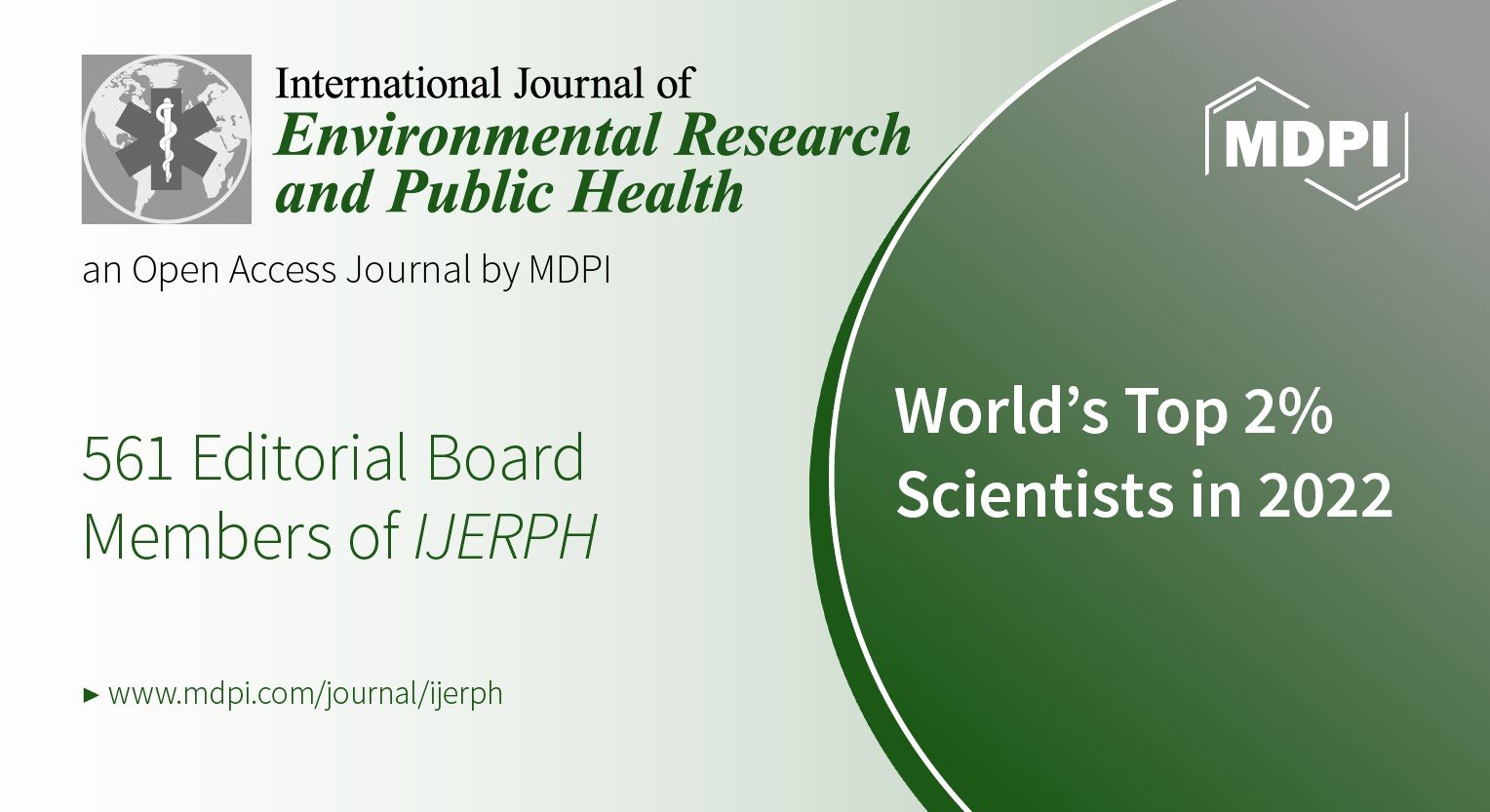International Journal Of Public Opinion Research

Imagine a world humming with countless voices, each echoing opinions on everything from local politics to global crises. Now, picture a dedicated space where these voices are meticulously analyzed, dissected, and understood, offering a clearer picture of the collective human mindset.
That space, in essence, is what the International Journal of Public Opinion Research (IJPOR) strives to be. It serves as a leading platform for understanding the dynamics of public opinion across the globe.
IJPOR, published by Oxford University Press on behalf of the World Association for Public Opinion Research (WAPOR), is more than just an academic journal. It's a crucial resource for researchers, policymakers, and anyone seeking to grasp the pulse of global sentiment.
A Deep Dive into Public Opinion Research
The journal's mission is to advance the scientific understanding of public opinion. It accomplishes this by publishing rigorous, peer-reviewed research across a broad range of topics.
This includes studies on the formation of opinions, the impact of media on public perceptions, the role of public opinion in political processes, and the methodologies used to measure and analyze these intricate dynamics. Its scope extends far beyond mere surveys and polls.
Consider, for example, research published in IJPOR exploring the impact of social media echo chambers on political polarization. The journal offers insights into how individuals, increasingly isolated within their own online networks, can develop more extreme views.
Another area of focus for IJPOR is the development and refinement of survey methodologies. The journal addresses the challenges of cross-cultural research, ensuring that findings are valid and reliable across diverse populations.
This methodological rigor is essential to navigate the complexities of global public opinion research. These complexities include varying levels of education, access to technology, and cultural norms related to expressing opinions.
The History and Evolution of IJPOR
The seeds of IJPOR were sown in the mid-20th century, a period marked by a growing recognition of the importance of public opinion in shaping national and international affairs. WAPOR, founded in 1947, played a pivotal role in fostering this recognition.
WAPOR’s vision was to create a global community of researchers dedicated to studying public opinion. Recognizing the need for a dedicated platform to disseminate this research, IJPOR was established later.
Since its inception, IJPOR has evolved to reflect the changing landscape of public opinion research. The advent of the internet and social media has presented new challenges and opportunities for understanding public sentiment.
The journal has adapted by incorporating research on online opinion dynamics, social media analysis, and the use of big data in public opinion research. It continues to evolve to stay ahead of the curve.
Significance and Impact
The impact of IJPOR extends far beyond the academic realm. Its research informs policymakers, journalists, and civil society organizations, contributing to a more nuanced understanding of public sentiment and its implications.
For policymakers, IJPOR provides valuable insights into public attitudes towards policy issues, helping them to make more informed decisions. Consider a government grappling with the issue of climate change.
IJPOR may publish studies on public perceptions of climate change, the factors influencing these perceptions, and the effectiveness of different communication strategies in promoting climate action. This research can help policymakers design more effective policies and communication campaigns.
For journalists, IJPOR offers a deeper understanding of the forces shaping public opinion, enabling them to provide more informed and insightful reporting. In an era of misinformation and polarization, this is particularly important.
IJPOR’s research can help journalists to identify the underlying factors driving public attitudes and to avoid simplistic or misleading interpretations of public opinion polls. It contributes to a more informed public discourse.
Challenges and Future Directions
Despite its significant contributions, IJPOR faces several challenges. One challenge is the increasing difficulty of conducting representative surveys in a rapidly changing world.
Response rates to traditional surveys are declining, and new technologies are creating new forms of bias. IJPOR actively encourages research that addresses these methodological challenges, seeking innovative solutions.
Another challenge is the need to ensure that public opinion research is conducted ethically and responsibly. Issues such as data privacy, informed consent, and the potential for manipulating public opinion are of growing concern.
IJPOR promotes ethical research practices and encourages researchers to consider the potential implications of their work. It champions transparency and accountability in public opinion research.
Looking ahead, IJPOR is poised to play an increasingly important role in understanding the complexities of global public opinion. The journal will continue to publish cutting-edge research.
It will also foster dialogue and collaboration among researchers from different disciplines and regions. By embracing new technologies and methodologies, IJPOR will continue to serve as a vital resource.
IJPOR continues to shape understanding in the field. It helps researchers, policymakers, and anyone seeking to understand the evolving landscape of public opinion.
A Final Reflection
In a world saturated with information and competing narratives, the International Journal of Public Opinion Research stands as a beacon of clarity. The journal illuminates the intricate web of human attitudes and beliefs.
It provides a vital platform for rigorous, evidence-based research. By fostering a deeper understanding of public opinion, IJPOR contributes to a more informed and democratic society, one study at a time.
It is a testament to the power of scholarly inquiry to shed light on the complexities of the human experience and guide us towards a more understanding world.


